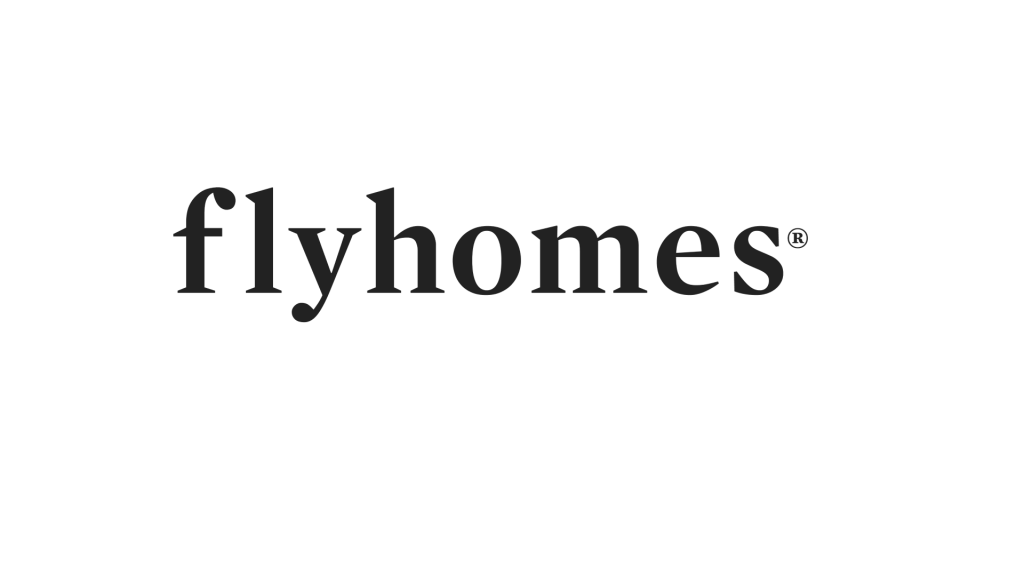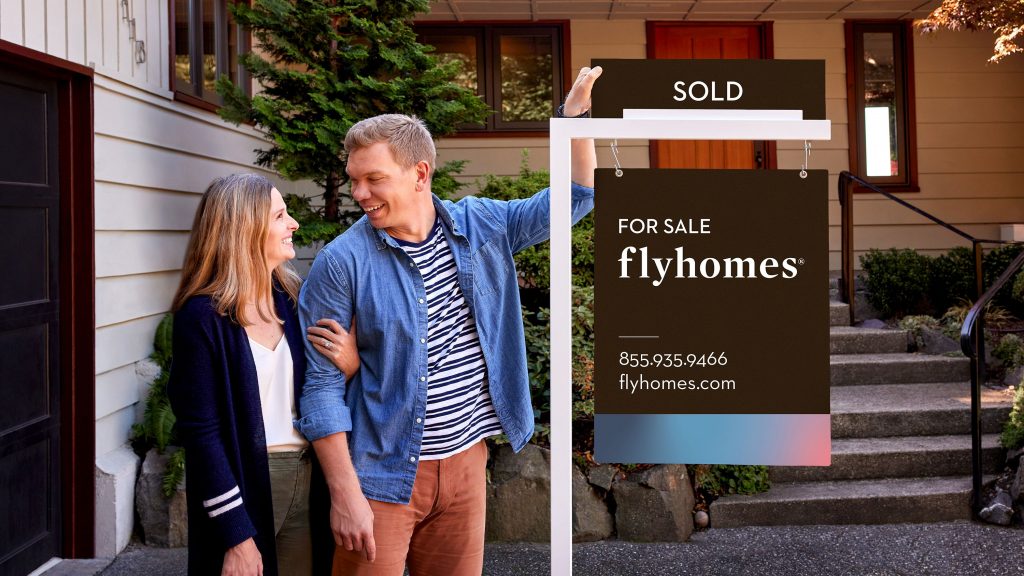Living in your current home and wondering if you should buy before you sell? This article has you covered, and answers all your questions – should you have any!
First of all, assess if you need to sell your current home before buying a new one – it’s the most important aspect.
Many people usually need to do that so they have the money to make a downpayment on their next home. It’s meant to align with the steps that follow to buy a new home. It also helps you figure out if you need a temporary stay to live in. Why? Because quite literally, you will be at the whims of the market when you need to buy quickly.
When you buy before you sell, you can often explore the market freely. You can find the home that you want, not the home that you have to buy out of necessity. Buying before selling lets you find a home without including a rent-back agreement, a sale contingency or finding a temporary stay.
So what are your options if you buy before you sell?
Quick answer – you don’t have to move twice! Let’s dive into more advantages!
Cash-out finance
A cash-out refinance is similar to a traditional refinance. You will get a new loan for the new, often higher value of your home. The bank will provide you a loan for the appreciated value of your home; since that amount comes out to more than the original loan. You keep the cash difference and pay the total back as you were doing for your original mortgage. In essence, you’re receiving cash for the amount of money your home has appreciated since you purchased it.
Quick note: A cash-out refinance is not right for everyone. It comes with a few requirements, including owning at least 20% equity in your home, good credit, and a debt-to-income ratio of 43% or less.
Sale contingencies
A sale contingency makes the offer you make on your next home connected to whether or not you’re able to sell your first home in time.
Generally, a sale contingency will give you anywhere from 30 to 60 days to find a buyer for your current home. If you do, great! Both sales go through and everyone’s happy. If you don’t though, your offer on the new home is voided and the seller may move on to the next offer on the list. It’s a let-down, yes, but at least you’re not financially on the hook for a home you can’t afford.
Sellers don’t always love offers that include sales contingencies, because it can add both time and an element of unpredictability to the closing process. In today’s competitive market, when homes are selling quickly in fierce bidding wars, sellers may opt for an offer with fewer, or even no contingencies in place.
Rent-back
A rent-back agreement could be a good option for anyone who needs a couple of extra months to buy a new place after the sale of their current home closes. With a rent-back agreement, you sell your home and the new owners agree to rent it back to you for a short period of time, usually a month or two.
To make the rent-back option appealing to buyers, you’ll probably have to lower your sale price or pay an agreed-upon rent to the new owners while you live there. But given that the market is so competitive, it may not be a huge financial hit.
The rental contract will be very similar to what you’d see when renting any other property. The new owners may ask for a security deposit to ensure the home is kept in good shape while you’re there, and they could charge extra fees if you’re late with rent or end up staying longer than the agreed-upon time. It’s also generally a good idea to secure renter’s insurance for this period.
Home equity line of credit (HELOC)
A HELOC is a line of credit that you borrow against the equity of your house. You can consider it a second mortgage or additional mortgage.
While HELOCs can be used for any kind of purchase or expenses such as school tuition, medical expenses, home repairs etc. The money can also be used towards a downpayment on a new home.
HELOCs are different from a traditional home loan. They work more like a credit card: you only have to pay back what you use, when you use it. Think of the amount of equity in your home as the credit limit of your HELOC. You can borrow money from that equity and only pay interest for what you use. When you take out a traditional home loan, the clock starts ticking. The interest starts adding up the second the money hits your account.
HELOCs are best used in short-term situations, because their interest rates can fluctuate with the market. Another serious downfall to be aware of is that defaulting on your HELOC might mean you could lose your home.
Flyhomes has additional information about the pros and cons of HELOCs here.
Bridge loan
Like a HELOC, a bridge loan is a loan you take out against the equity of your current home. It is primarily intended to be used for short-term financing.
A bridge loan, as the name suggests, is specifically intended to bridge the gap between buying and selling a home. Since it’s a loan taken out against your current home’s equity, it will not only cover your current loan but leave you with enough money for a down payment.
These loans are usually only good for six months. Sometimes they can be extended for up to a year. So instead of making monthly payments, you’ll just pay off the bridge loan in full as soon as you sell your previous home.
Quick note: Bridge loans often come with high interest rates. Make sure you do more research about them before you decide on it. It’s always good to know more than less.
So how does Flyhomes fit into your step of buying before selling?
With Flyhomes Buy Before You Sell, Flyhomes pre-underwrites your mortgage. Then, they finance your short-term loan so you can make a cash offer on your next home, move in quickly, and refinance into a long-term mortgage within weeks—not months. And most importantly, with Flyhomes Buy Before You Sell, you don’t have to move twice!
The best thing you can do when looking to buy a new home is research. The current housing market is hot—homes are selling quickly and, in some cases, for well above the asking price. Before you get swept up in the frenzy, get familiar with your options.
Get in touch with Flyhomes experts and know more about how you can buy before you sell.
About the Author: Megan Seling is an author and journalist writing about music, culture and politics for more than 20 years. This timeframe includes writing for outlets including The Stranger, Nashville Scene, Rookie, Paste, and more. She currently lives in Nashville, TN, with her husband, Robby, and their dog, Johnny Waffles.











